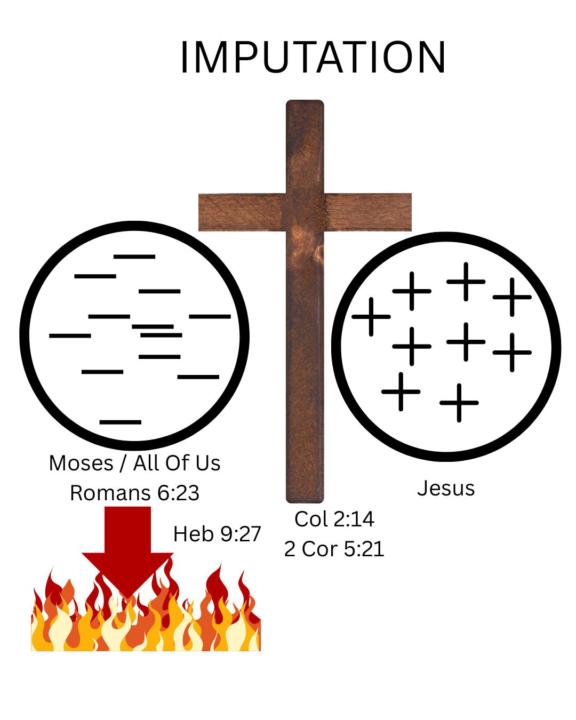Activity
Mon
Wed
Fri
Sun
Feb
Mar
Apr
May
Jun
Jul
Aug
Sep
Oct
Nov
Dec
Jan
What is this?
Less
More
Memberships
Daily Theology Online
48 members • Free
3 contributions to Daily Theology Online
Ordinary By Michael Horton Book Summary
Below is a summary of the key points for each chapter of Ordinary: Sustainable Faith in a Radical, Restless World by Michael Horton, based on available information from the provided web sources and general understanding of the book’s themes. Note that the summaries for chapters beyond those explicitly detailed in the sources are inferred based on the book’s structure and overarching message, as not all chapters are fully covered in the provided references. The book is divided into two parts: Part 1: Radical and Restless (Chapters 1–6) and Part 2: Ordinary and Content (Chapters 7–11). Part 1: Radical and Restless Chapter 1: Rediscovering the Beauty of the Ordinary Christian Life - Horton argues that true spiritual growth lies not in chasing extraordinary experiences but in embracing the mundane aspects of faith. - Contemporary culture’s obsession with the “radical” and “extreme” devalues ordinary faithfulness, leading to feelings of inadequacy among believers. - The ordinary Christian life—marked by consistent, everyday acts of obedience and love—is where authentic faith and spiritual depth are cultivated. - Horton challenges the notion that only dramatic transformations are spiritually significant, urging readers to find God’s presence in routine duties. Chapter 2: The Hidden Glory of Everyday Faithfulness - Horton emphasizes the transformative power of consistent, ordinary practices like prayer, scripture reading, and loving one’s neighbor. - These small, repetitive acts are the foundation of spiritual maturity, contrasting with the culture’s preference for instant, sensational results. - Biblical examples (e.g., Joseph’s steadfast service, the apostles’ daily ministry) illustrate how ordinary faithfulness yields significant outcomes over time. - The chapter critiques the modern church’s focus on revivalism and extraordinary experiences, advocating for a return to the “hidden glory” of daily devotion. Chapter 3: The Myth of the Instant Fix and the Virtue of Patience

Welcome Daily Theologians!
Welcome, please introduce yourself, as we seek to equip and inspire you to share hope :)
1-3 of 3
@becky-risner-4414
Child of God, wife, mom, and friend
Active 36d ago
Joined Aug 7, 2025
Toledo, Ohio


